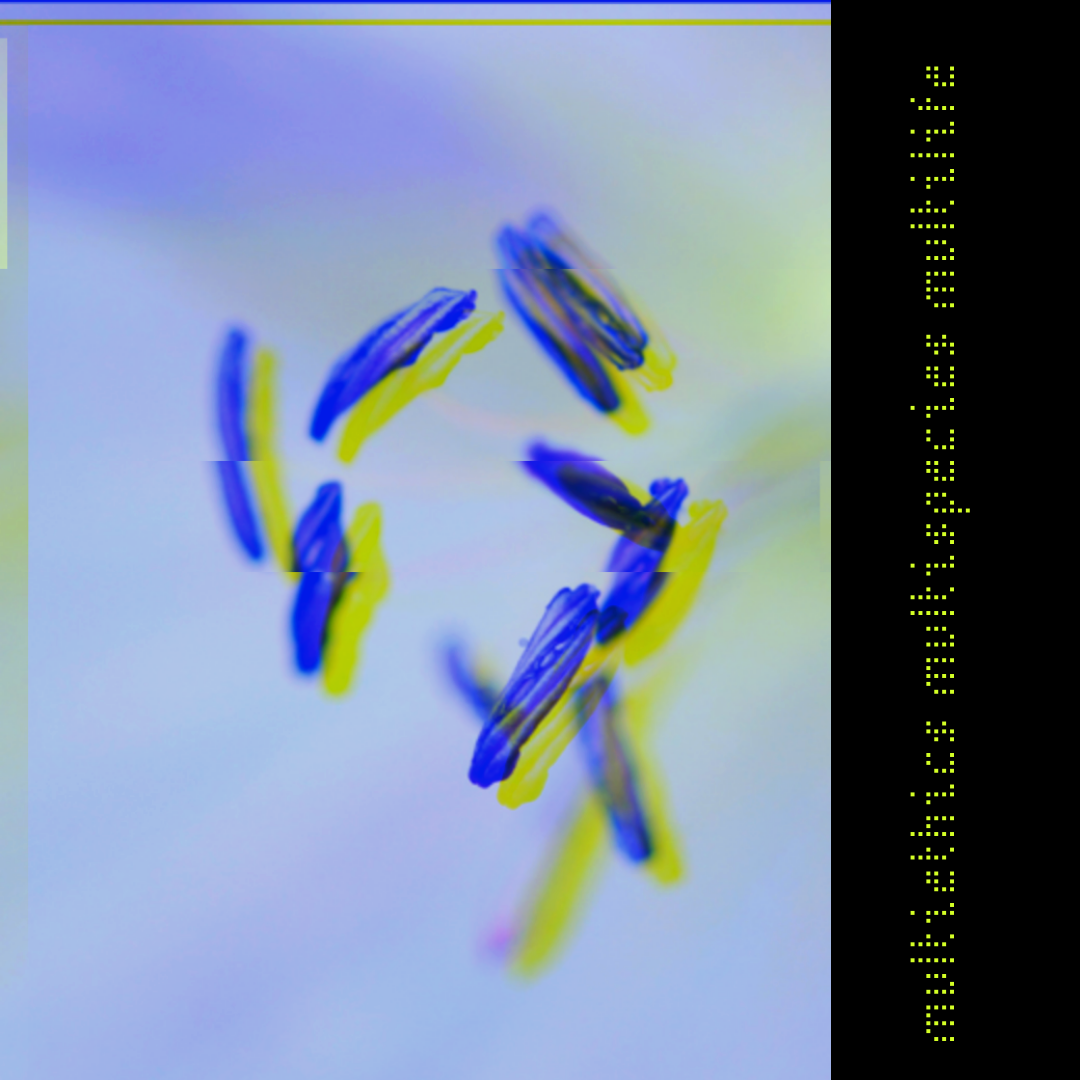
Joyce Sutphen
Artist Statement: Talking & Listening to Plants
I grew up on a small dairy farm in Central Minnesota—small enough so that by the time I was twelve I had walked every part of it at least once. I knew the little dips in a field, the sandy spots in the road, and the places where mud squished between my toes after rain. I knew that trilliums grew in the woods and that wild irises grew in the wettest part of the meadow, I knew which rocks were too big and too deep for us to move and where to find the yellow-brown clay that was threaded through the land, but most of all, I knew that everything depended on the weather. The sky and the earth had some kind of relationship; I could see that. Sometimes the rains didn’t come and the cornfields withered and faded, and sometimes the hay was cut, dried, and ready to bale when the skies opened. When things like that happened, the crop was “ruined,” according to my father, and I felt bad for it–just as I was born with something like empathy for everything that was alive on that land—field, meadow, birch grove, barn swallow, newly born calf, apple tree—they all were parts of the known world, and as such, had agency and played a part in the drama of each year. I think it is accurate to say that plants were the props, settings, and sometimes even the inspiration of the imaginary worlds where I spent my childhood. Plants lived a life–their own life, a life that deserved to be respected.
JOYCE SUTPHEN lives on the edge of a hundred-acre marsh. Her first collection of poems, Straight Out of View, won the Barnard New Women Poets Prize, and her recent collection, Modern Love & Other Myths (2015), was a finalist for a Minnesota Book Award. Carrying Water to the Field: New and Selected Poems (2019) was published by the University of Nebraska Press, with an introduction by Ted Kooser. Her chapbook, This Long Winter (2022) is now available at Carnegie Mellon Press.


